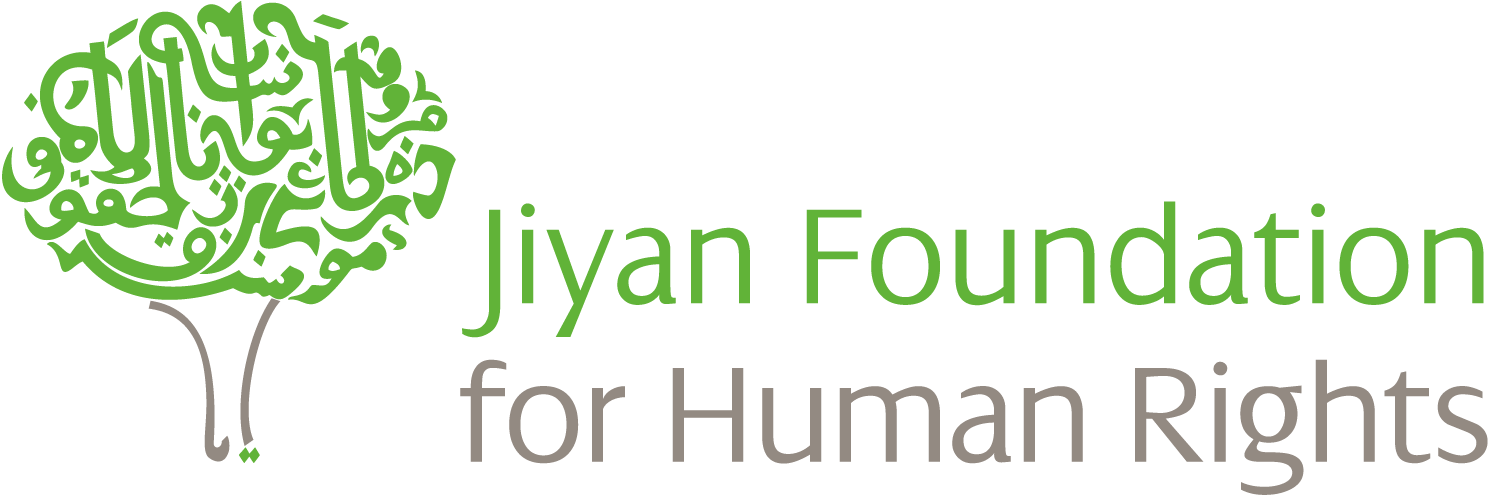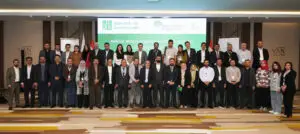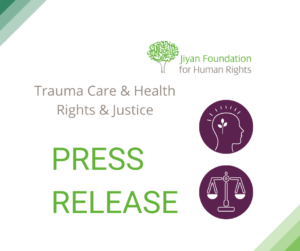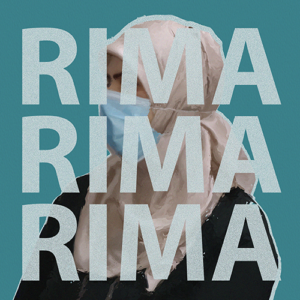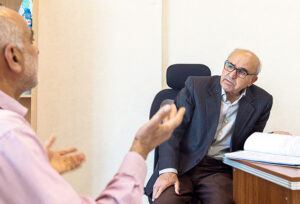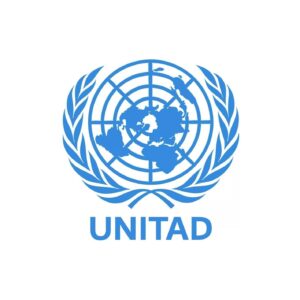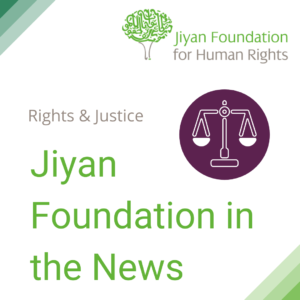In the News
News & Updates
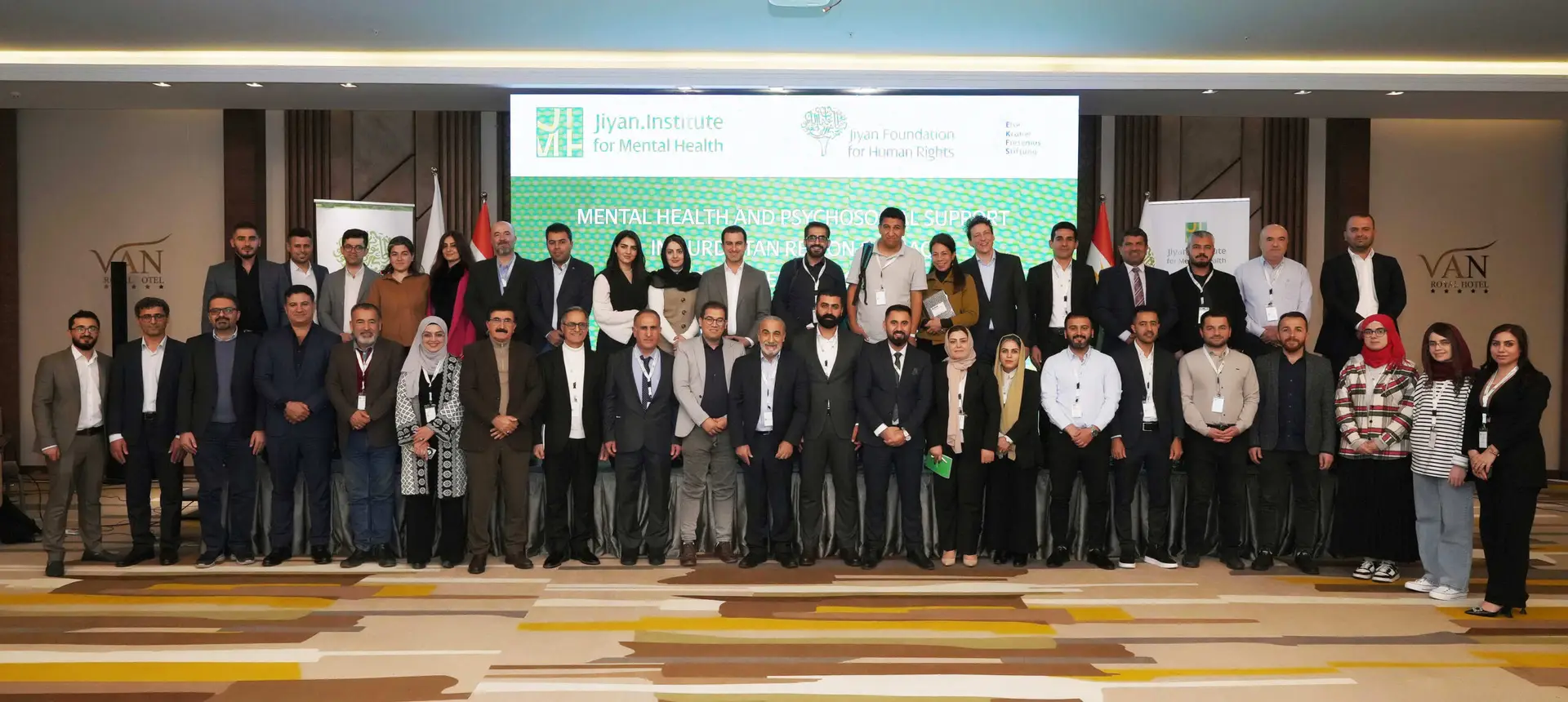
The Jiyan Foundation for Human Rights recently hosted a pivotal conference, “Mental Health and Psychosocial Support in the Kurdistan Region of Iraq—The Providers’ Perspective,” held on December 15-16, 2024, in Erbil. This event had a big impact because it talked about important problems that mental health support in the KRI faces, such as limited access to good therapy services, strict laws for psychologists, and ongoing social stigma around mental health.
Recognising the documented need for improved mental health care in the KRI, this conference fostered collaboration and facilitated meaningful dialogue among researchers, NGOs, government representatives, and academics to explore solutions and pave the way for a stronger mental health infrastructure.
A multifaceted approach to addressing key challenges
Over two productive days, the conference explored several key areas:
Examining the Current State of MHPSS Research in KRI: The conference presented a comprehensive overview of MHPSS research conducted in the KRI over the past decade. It also assessed the effectiveness of the Jiyan Foundation’s therapeutic interventions and examined the professional trajectories of psychologists in the region.
Highlighting the Experiences of Local NGOs: Representatives from local NGOs providing MHPSS services shared invaluable insights from their frontline experiences— from establishing clinics to delivering essential services. This provided crucial perspectives on the practical challenges and successes of providing mental health care in the KRI.
Analysing the legal and institutional framework: A critical examination of the current legal and institutional landscape took place, focusing on identifying necessary adaptations to support a thriving psychological workforce. This discussion aimed to inform policy changes that will benefit providers and those seeking mental health support.
Introducing the Vision of the Jiyan Institute for Mental Health: A key highlight of the conference was the presentation of the vision and curriculum of the proposed MA program at Charmo University in Chamchamal. This initiative, spearheaded by the Jiyan Institute for Mental Health, aims to significantly enhance the educational landscape in the KRI and strengthen the university’s international academic standing.
Conference Agenda:
Sunday, December 15, 2024:
9:00 AM–12:30 PM: Panel 1—Studies on Providing MHPSS in KRI (Speaker: International academic researcher in MHPSS)
12:30 PM–1:30 PM: Lunch
1:30 PM–5:00 PM: Panel 2—Reports from the Field: NGOs Offering Psychotherapy in KRI (Speakers: Representatives from local NGOs)
Monday, December 16, 2024:
9:00 AM–12:30 PM: Panel 3—Legal Situation for Psychologists and Psychotherapy in KRI (Speakers: Representatives from ministries and other institutions)
12:30 PM–1:30 PM: Lunch
1:30 PM–5:00 PM: Panel 4—Presentation of the Planned Jiyan Institute for Mental Health at Charmo University (Speakers: Representatives from Charmo University and Jiyan Foundation)
This conference represented a significant stride towards strengthening mental health support in the KRI. By fostering dialogue and collaboration, the Jiyan Foundation reaffirmed its commitment to building a more robust and accessible mental health system for all. This event underscored our active role in the mental health field and our dedication to improving mental health services in the Kurdistan Region of Iraq. We gratefully acknowledge the Else Kröner-Fresenius-Stiftung for their generous support, which was essential to the success of this important initiative.
"We are happy and proud that so many outstanding experts on MHPSS from all kinds of institutions, from government to NGOs to academia etc., gathered for the first time in history to discuss the issues at hand to such an extent. The conference can be a real kick-off to elevate psychotherapy in KRI to the next level!”
Dr. Markus Wachowski- Head of Capacity Building
Note: We have changed the client’s name for confidentiality reasons.

Zahra, a bright and ambitious young woman from a supportive family, had her life drastically altered by domestic violence. Her journey from a promising future to a shattered existence is a stark reminder of the enduring trauma inflicted by gender-based violence. Yet, through resilience and the support of the Jiyan Foundation, Zahra transformed her pain into purpose, becoming a beacon of hope for other survivors.
A life interrupted
Zahra, a 31-year-old university graduate and women’s rights activist, used to excel academically and professionally. However, her life took a devastating turn when her husband’s behaviour shifted from loving to abusive. Their once-promising marriage deteriorated into a toxic relationship marked by violence and emotional turmoil. To ensure the safety of her unborn child and escape the escalating abuse, Zahra sought refuge in a women’s shelter.
The path to divorce was difficult, marked by legal challenges and societal stigma. Isolated and judged, Zahra retreated into a shell, and her spirit weakened. The weight of her experiences cast a long shadow, resulting in anger, despair, and suicidal thoughts.
Transformation and empowerment
Seeking solace and support, Zahra turned to the Jiyan Foundation. She embarked on a healing and recovery journey through intensive psychological counseling. With the aid of cognitive behavioural therapy (CBT), anger management techniques, and life skills training, Zahra gradually reclaimed her agency.
After completing nine therapy sessions, Zahra’s progress was remarkable. She reported significant improvements in her mental health, including a reduction in depression and PTSD symptoms. Her anger management skills had improved, allowing her to navigate difficult situations more calmly.
The European Union’s generous funding made this treatment possible. Their support has been instrumental in enabling the Jiyan Foundation to provide essential services to survivors of domestic violence and contribute to building a more just and equitable society.
We hope that by sharing this case study, we can shed light on the transformative power of psychological treatment and the importance of supporting survivors of domestic violence. The client’s journey demonstrates the effectiveness of our trauma care and health programs, as well as the positive impact they can have on individuals’ lives.
Learn more about our programs for Trauma Care and Health

This publication was funded by the European Union. Its contents are the sole responsibility of Jiyan Foundation for Human Rights and do not necessarily reflect the views of the European Union.
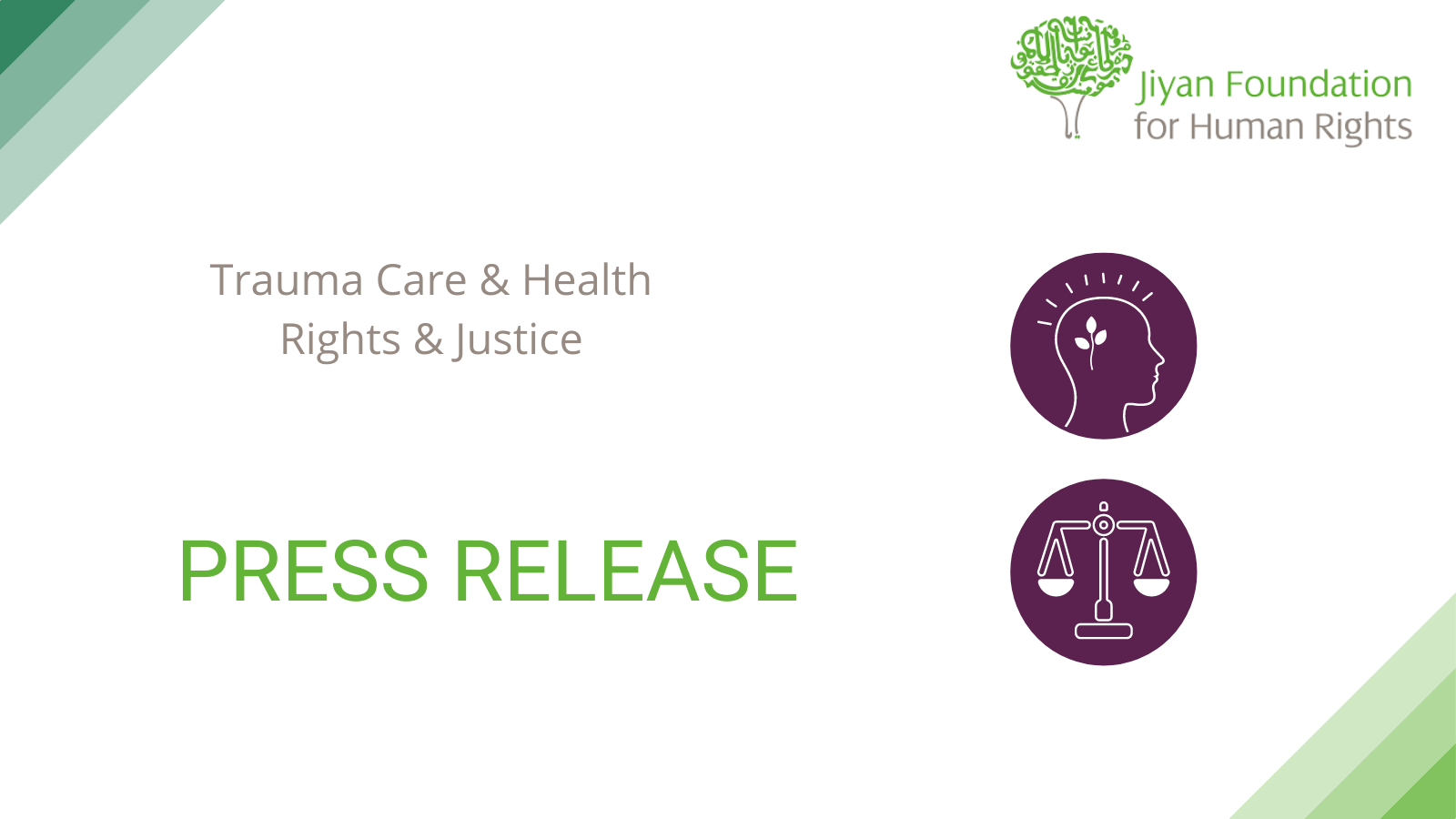
Urgent Need for Implementation of State-Sponsored Rehabilitation System Under Yazidi Survivors’ Law
DUHOK – As we approach the tenth anniversary of the Yazidi genocide, the Coalition for Just Reparations (C4JR) Rehabilitation Working Group emphasises that the comprehensive, state-sponsored rehabilitation system envisioned under the Yazidi Survivors’ Law (YSL) remains critically important. This system will play a crucial role in fostering the healing of individual survivors, their families, and entire communities affected by the atrocities committed by the so-called Islamic State of Iraq and the Levant (ISIL). The General Directorate for Survivors’ Affairs has already taken steps to create and implement this rehabilitation program – a vital initiative that C4JR pledges to support.
Recent research led by Dr. Jan Ilhan Kizilhan highlights a troubling increase in suicide rates among Yazidis, underscoring the dire need for robust mental health support and rehabilitation services. The psychological trauma resulting from genocide, sexual enslavement, and displacement continues to devastate survivors’ lives, leading to severe mental health issues including PTSD and depression. Dr. Kizilhan’s study, published in Frontiers in Psychology – a multidisciplinary journal that publishes advances in psychological research – specifically points to a high prevalence of suicide among Yazidi survivors, indicating an urgent need for enhanced rehabilitation services to address these critical mental health challenges.
C4JR’s Rehabilitation Working Group has been diligently working on creating a set of human rights indicators to facilitate and evaluate the process of establishing a holistic state-sponsored rehabilitation system. It also provided an input to the UN Special Rapporteur on Torture highlighting rehabilitation needs of ISIL committed wartime sexual torture survivors. These efforts are aimed at ensuring that rehabilitation services meet international standards and effectively address the complex needs of the survivors.
On 12 June, 2024, C4JR held an event in Erbil to mark the launch of a new guide for using human rights indicators to monitor the implementation and realisation of the right to rehabilitation for survivors of ISIL crimes in Iraq, as guaranteed under the YSL. This latest report, “Right to Rehabilitation as Reparation for Survivors of Grave Human Rights Violations,” was produced by C4JR, the Jiyan Foundation for Human Rights, and the International Centre for Health and Human Rights (ICHHR), and the event provided a much-needed opportunity to discuss this work.
The launch event was designed to bring together diverse actors, including UN Special Rapporteur on Torture Dr. Alice Edwards who provided keynote remarks, to mobilise shared commitment to supporting effective implementation of the YSL. The collaborative efforts and shared insights underscored the commitment to providing rehabilitation for survivors of ISIL crimes.
In light of the increasing mental health crisis among Yazidis, highlighted by Dr. Kizilhan’s research, it is imperative that the Iraqi government, civil society organisations and international community work together to put in place a sustainable quality rehabilitation system. Such a system should provide comprehensive mental health care, social support, and economic opportunities to help survivors rebuild their lives.
“Research has shown that the rates of suicidal thoughts and PTSD are high among survivors,” says Suzan Mohammed Hassen, a member of C4JR’s Rehabilitation Working Group. “This indicates that survivors still need support.” Suzan has published research in the International Journal of Social Psychiatry on post-traumatic stress disorder and gender among the Yazidi population after the traumatic events caused by ISIL, which found a statistically significant association between gender with trauma and PTSD.
Read more about our programs for:
Rights and Justices
Trauma Care and Health
